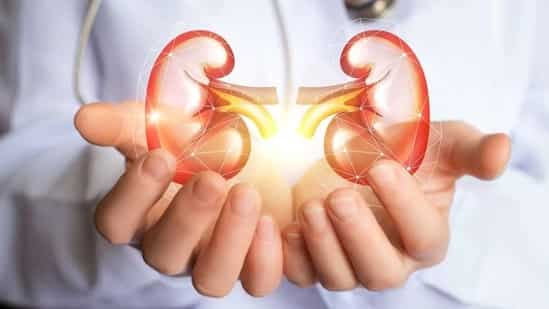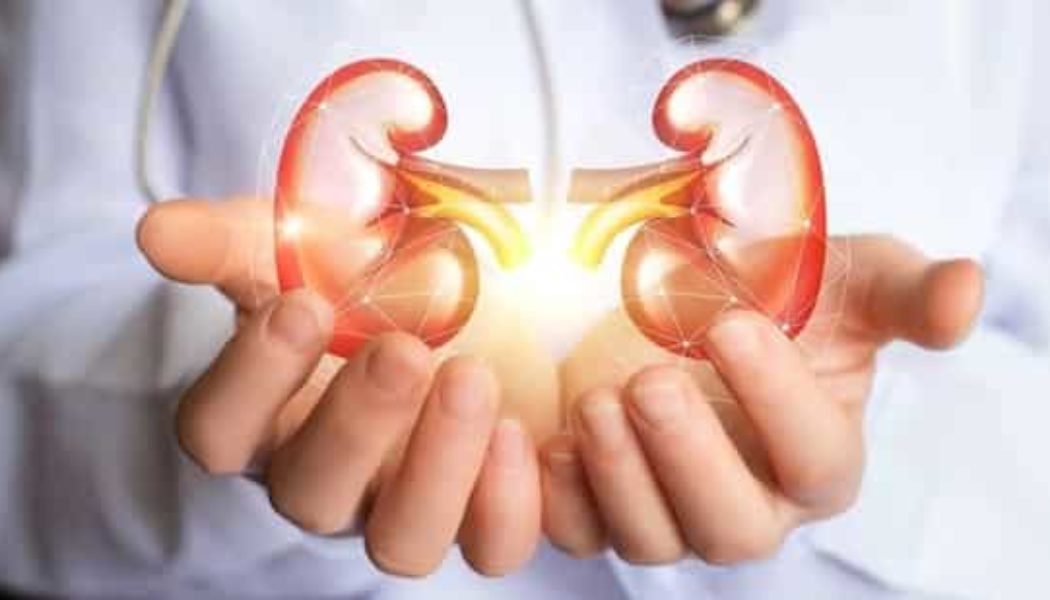It is a shocking fact that only 10 % of people who have kidney disease know that they suffer from kidney ailment since the symptoms do not appear till the late stage of kidney damage. Here are lifestyle factors that can lead to kidney diseases, symptoms and prevention tips

Kidney disease is a growing health concern in India and lifestyle factors play a significant role in the development of kidney disease hence, it is important to understand the symptoms and preventive measures. In today’s world of haste and hurry, where people have access to things at the tip of their fingers, health seems to have taken a back seat and fast food, long hours of sedentary work, rising stress levels have led to a lot of unwanted health issues especially in the younger generation.
Lack of sound adequate sleep, smoking, alcohol consumption, obesity add up to the current problems and to top this, people are taking a lot of over the counter (OTC) painkillers. Diabetes, hypertension, kidney disease and heart attacks are on the rise in India due to these lifestyle factors but it is a shocking fact that only 10 % of people who have kidney disease know that they suffer from kidney ailment.
Lifestyle factors leading to kidney diseases:
The main reason being the symptoms do not appear till the late stage of kidney damage, they are nonspecific and there is less of awareness regarding them. In an interview with HT Lifestyle, Dr Sharad Sheth, Consultant and Head, Nephrology at Kokilaben Dhirubhai Ambani Hospital in Mumbai, revealed, “One of the primary lifestyle factors that can lead to kidney disease is an unhealthy diet. Consuming a diet high in salt, sugar and saturated fats can increase the risk of developing kidney disease. This is because such a diet can lead to high blood pressure, which is a significant risk factor for kidney disease.”
He added, “Another lifestyle factor that can lead to kidney disease is smoking. Smoking not only increases the risk of kidney disease but also makes it harder for the kidneys to function properly. This is because smoking can cause damage to the blood vessels in the kidneys, leading to a decrease in blood flow and a decrease in the kidneys’ ability to filter waste from the blood. Lack of physical activity is also a contributing factor to kidney disease. Physical inactivity can lead to obesity, high blood pressure, and type 2 diabetes, all of which are risk factors for kidney disease. Therefore, it is essential to engage in regular physical activity to maintain a healthy lifestyle.”
Symptoms of kidney disease:
Dr Sharad Sheth said, “The symptoms of kidney disease can vary depending on the stage of the disease. In the early stages, there may be no symptoms at all. However, as the disease progresses, symptoms may include fatigue, weakness, loss of appetite, difficulty sleeping, and muscle cramps. There may also be swelling in the legs, ankles, or feet, and changes in urination patterns.”
According to Dr Neha Punatar, Consultant, Nephrology at PD Hinduja Hospital and Medical Research Centre in Khar, the possible symptoms that may warn you of a kidney ailment are:
- Extreme tiredness
- Trouble sleeping
- Dry and itchy skin
- Urge to urinate more often
- Drop in urine output
- Froth in urine or blood in urine
- Puffiness around eyes
- Swollen feet
- Poor appetite
- Nausea and vomiting
- Cramps in muscles
- Shortness of breath
Prevention tips:
Dr Sharad Sheth suggested, “Preventive measures for kidney disease include maintaining a healthy diet, engaging in regular physical activity, quitting smoking, and managing chronic conditions such as high blood pressure and diabetes. It is also important to stay hydrated by drinking enough water and avoiding sugary beverages. Regular health checkups are also important for early detection and management of kidney disease. People who are at higher risk for kidney disease, such as those with a family history of the disease, should be especially vigilant about getting regular checkups.”
Adding to the list of preventive measures for healthy kidneys, Dr Neha Punatar advised:
- Make healthy food choices-eat fresh fruits, fresh vegetables and whole grain products, cut back on salt and sugar, avoid processed foods, have low fat foods.
- Be active- make physical activity a part of your daily routine. At least 30min of brisk walk daily should be aimed for.
- Aim for a healthy weight- avoid obesity
- Get enough sleep- 7 to 8 hours of sound sleep is required
- Quit smoking
- Limit alcohol intake
- Explore stress- reducing activities like Yoga, meditation
- Drink enough water- avoid dehydration
- Keep your sugar levels and blood pressure under control
- Be careful while consuming OTC painkillers
- The only way to be sure is by getting yourself TESTED. Tests like sr. creatinine (blood test) and urine spot albumin to creatinine ratio (urine test) help in diagnosing kidney ailment.
- Getting yourself evaluated annually is extremely important especially if you have diabetes, hypertension, are above 60 years of age, have obesity, heart or liver ailment, family history of kidney ailment, kidney stones, prostrate issues, are on long term painkillers or have had kidney injury in past.
The good news is that when diagnosed early and treated right, the outlook to kidney disease is bright. Lifestyle factors play a crucial role in the development of kidney disease. By making healthy lifestyle choices, individuals can significantly reduce their risk of developing kidney disease. Early detection and management of the disease can also help prevent it from progressing to more severe stages.









